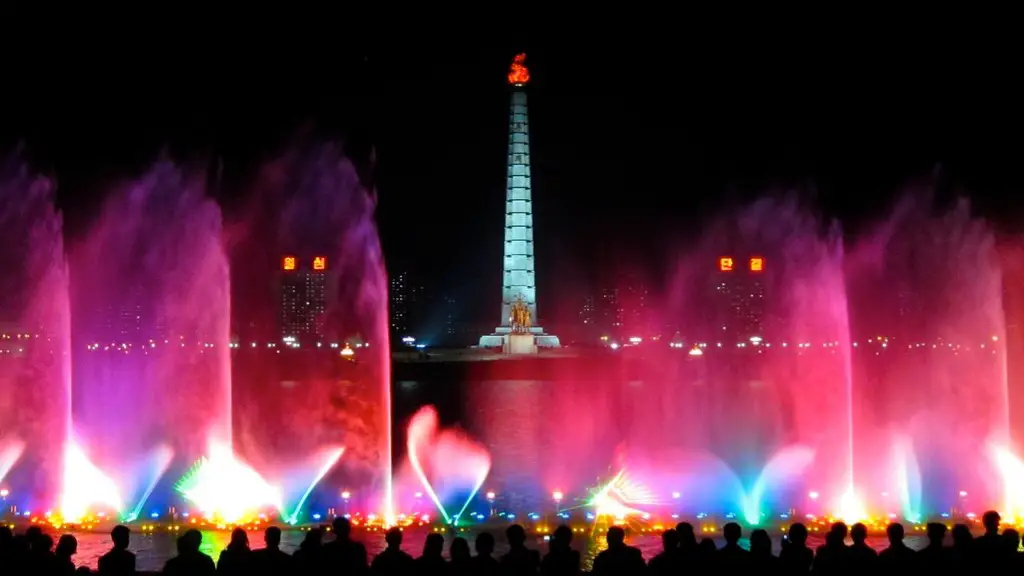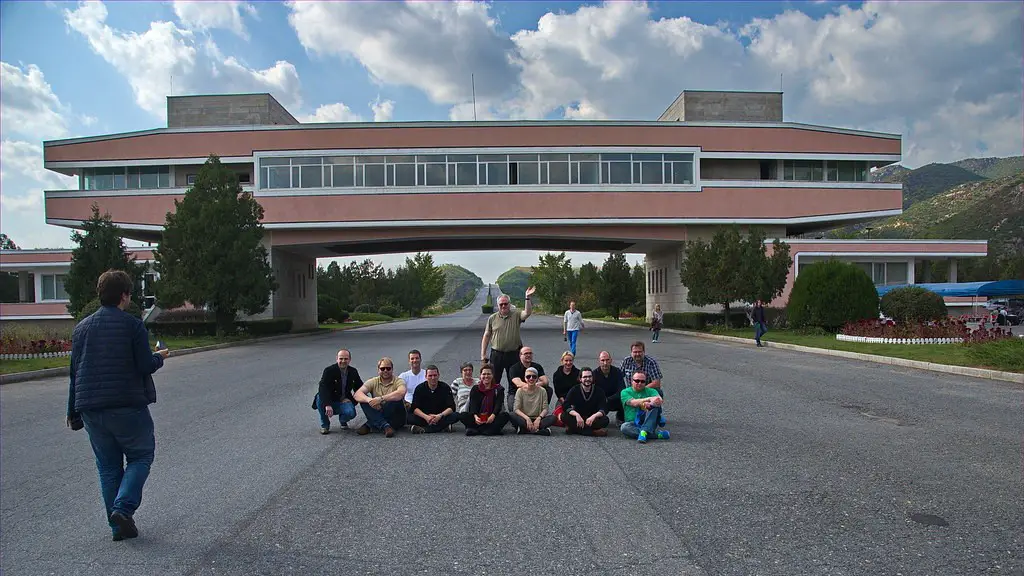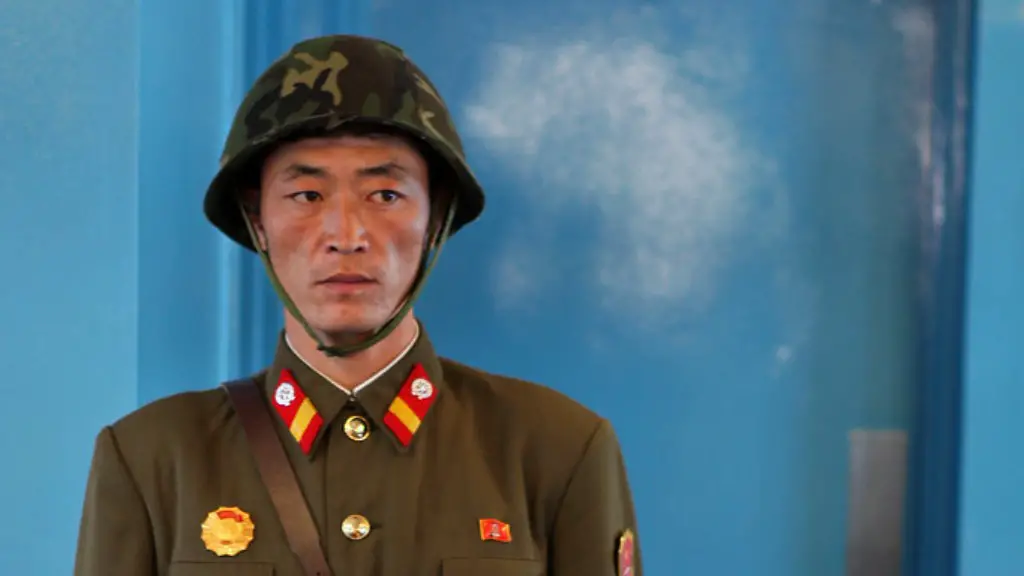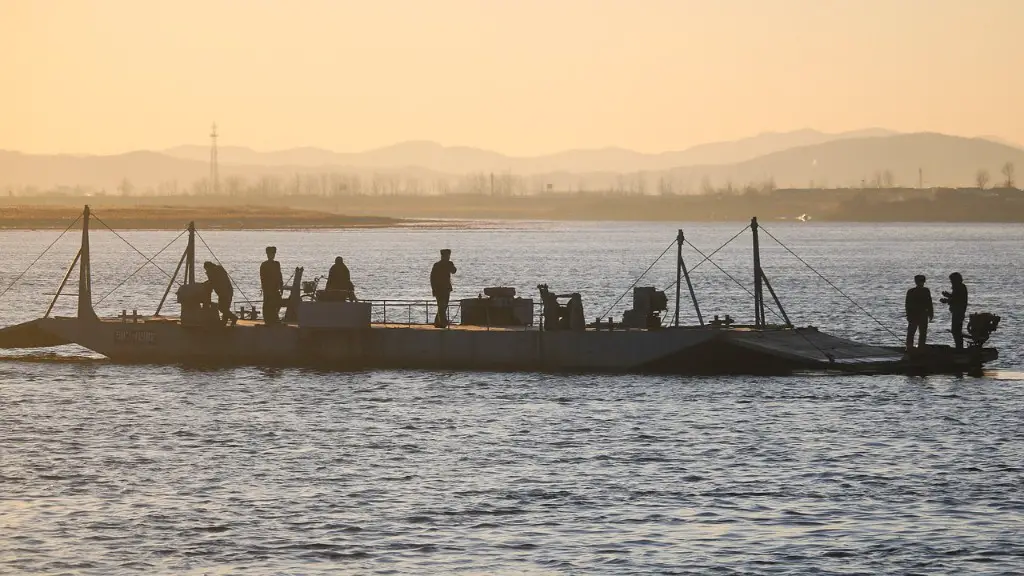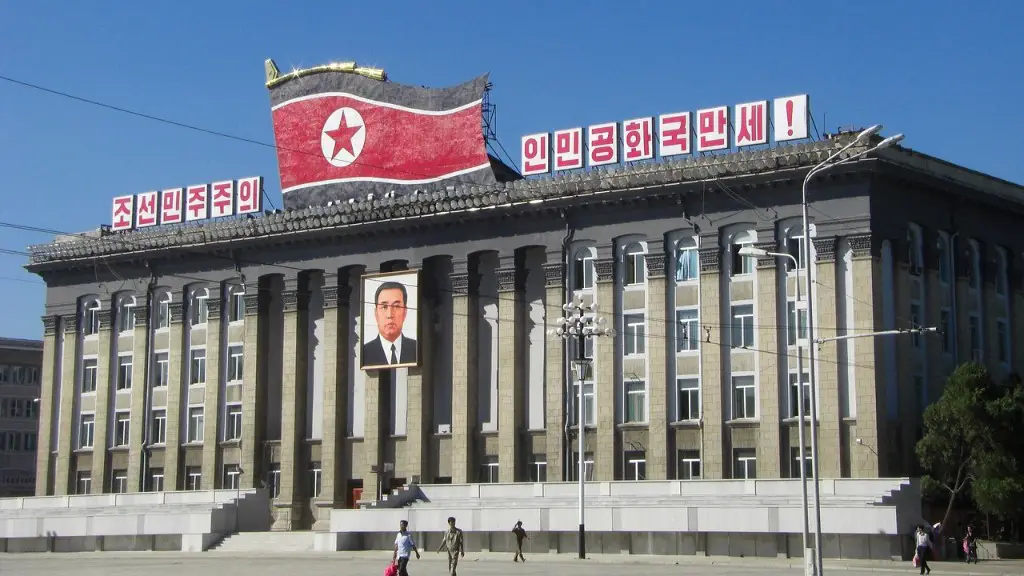Current Leader of North Korea
Since the death of Kim Jong-Il in late 2011, Kim Jong-Un became the supreme leader of North Korea. He is the third generation of the Kim family to head the country, with his grandfather, Kim Il-Sung, leading from 1945-1994 and his father, Kim Jong-Il, from 1994-2011.
As the youngest leader of any nation, the saga of Kim Jong-Un has been documented to an unprecedented level by the world’s media. He is often portrayed as a blustering dictator, often unpredictable and occasionally a subject of ridicule. But beyond the headlines, what is known about this enigmatic figure?
Experts agree that Kim Jong-Un is a shrewd and calculating leader. He has proved adept at projecting a powerful image abroad and rallying support internally by means of lavish state subsidies and a cult of personality, borrowing in part from the models of his father and grandfather. Kim Jong-Un has also shown he has been capable of making dramatic shifts in North Korea’s foreign policy when needed.
At home, Kim Jong-Un has shepherded a modernization of the North Korean economy with a focus on information technology and blockchain, attempting to lure tech investors from overseas. So far, sanctions have impeded much of Kim Jong-Un’s ambitions for reform.
Despite years of international sanctions, North Korea’s economy has shown some signs of growth thanks in large part to Kim Jong-Un’s policy of encouraging entrepreneurship in certain sectors. However, issues remain that could hamper North Korean progression including a lack of access to global financial markets and Western investment.
In foreign affairs, Kim Jong-Un has pursued a policy of rapprochement with the United States, culminating in a historic meeting with US President Donald Trump in Singapore in 2018. Popular opinion in the US is polarized, with some praising Kim’s bold move towards diplomacy, while others reject the progress made thus far and demand more sanctions.
It is unclear what the future holds for Kim Jong-Un. He has refused to give up North Korea’s nuclear weapons program and remains unwilling to discuss human rights issues, something that has been a major point of contention with the West. He has, however, demonstrated a certain level of accountability, facing criticism and absorbing setbacks. It remains to be seen whether Kim Jong-Un can continue to lead North Korea towards peace and prosperity and out of its current isolation.
Foreign Relations
Kim Jong-Un has sought a political opening with the United States not seen since the 1990s, when a nuclear agreement was signed between the two countries. At a summit in Singapore in 2018, Kim met with US President Donald Trump to discuss denuclearization, peace, and economic aid. The leaders agreed on a vague statement of denuclearization, but progress has been slow.
North Korea’s relations with its neighbors have been characterized by periods of tension and detente, depending on the reigning leaders of respective countries. China and South Korea are said to have been developing closer ties in recent years, with a number of economic deals that could benefit both countries. Japan, however, has been cited as an obstacle to improved relations between the two Koreas.
In 2019, North Korea engaged in a war of words with the United States and its allies following a series of ballistic missile tests by the regime. Kim Jong-Un and the United States disagreed on the interpretation of the agreed-upon denuclearization framework and conducted a series of escalations in rhetoric between the two countries up until the end of 2019.
Kim Jong-Un has also frequently been accused of human rights abuses and violations. In 2018, the UN issued a statement of concern after state media reported a new crackdown on dissent inside the country, with a rise in executions and purged officials.
North Korea is a member of the United Nations and is part of the Non-Aligned Movement. The country maintains diplomatic relations with a number of countries, including many in Africa and Latin America, and even non-traditional partners like Sweden and Japan.
Internal Policies
Much of the domestic policy of Kim Jong-Un has been focused on modernizing the North Korean economy and crafting a cult of personality around the leader. Kim has risked much to open the country up to foreign investment and engage in economic reforms, so far to little effect due to sanctions.
At the same time, Kim has also cracked down on dissent with a series of human rights abuses. North Korea remains one of the most closed countries in the world, and hundreds of thousands of its citizens are held in hard labor camps and prisons run by the government. Access to news and information is restricted, and citizens must demonstrate consistent loyalty to Kim’s regime or risk repercussions.
To ensure loyalty and power internally, Kim Jong-Un relies on a network of family and trusted advisors. Reports suggest that Kim’s sister, Kim Yo-Jong, is a particularly influential figure, with some analysts stating that she may be the power behind the throne.
Critics of Kim Jong-Un have suggested that his sole focus on internal security and economic reform has come at the expense of the lives of millions of North Koreans. Efforts to shore up domestic support have been immense and relentless since the ascension of Kim in late 2011. In what is often referred to as the “Jong-Un Era”, the country has been characterized by severe human rights violations, an escalation of international tensions and an economic system with little free enterprise.
Public Perception of Kim Jong-Un
At home, Kim Jong-Un is revered as the embodiment of the North Korean state and its ideology. He has built up a cult of personality around himself, promoting a revolutionary “Songun” (or “Military-first”) policy and promoting a culture of loyalty to the leader and national unity.
Abroad, however, the picture is less rosy. Kim Jong-Un has been widely ridiculed by the international media, with his somewhat eccentric behavior and mismatched fashion sense often an object of public ridicule. His public speeches and writings have often been characterized as aggressive and belligerent.
The constant war of words between Kim Jong-Un and other world leaders, in particular US President Donald Trump, has also done little to bolster Kim’s image abroad. Yet, many in the international community have given the North Korean leader praise for his willingness to engage in diplomacy and peace talks with the United States.
Recent surveys suggest that the majority of North Koreans believe Kim Jong-Un has been successful in his efforts of re-building the North Korean economy and modernizing the country to the extent possible in spite of sanctions.
Kim Jong-Un’s Leadership Style
Under the Kim regime, Pyongyang has employed a number of tactics to shore up internal security and scare off potential adversaries. From a public relations perspective, Kim Jong-Un is often seen as an unpredictable, mercurial leader, willing to risk much to make his mark in history. In reality, however, experts have described the leader’s public relations strategy as relatively pragmatic and largely in line with the policies of his father and grandfather.
Kim Jong-Un has been particularly decisive in domestic and foreign policy matters, quickly adapting to the changing landscape of the international arena and making bold moves when necessary. He has been willing to shoulder criticism and personal attacks in pursuit of his goals and his people, a quality admired by some but viewed as reckless and foolhardy by others.
To many, Kim Jong-Un is not just a political leader, but a symbol of national greatness and pride. His speeches are often laden with references to the country’s historical and ideological past, harking back to the days of his grandfather Kim Il-Sung and his father, Kim Jong-Il.
Nevertheless, experts suggest that Kim Jong-Un is ultimately a modern leader, backed by a nation that is increasingly hoping to make its mark in the world. The leader may have inherited a cult of personality from his father and grandfather, but he has certainly increased it to unprecedented levels during his time in office.
Future Of North Korea Under Kim Jong-Un
Despite recent progress made between North Korea and the United States, along with détente with Russia and China, Kim Jong-Un’s policies remain largely focused on consolidating power rather than disrupting the status quo. The leadership of the country is unlikely to change course in the short term, and any dramatic modernization of the economy is likely to be hampered by the Trump administration’s sanctions.
Therefore, Kim Jong-Un’s future is largely dependent on the international community and its policies towards North Korea. At the moment, there is a growing consensus that the best way forward is through diplomacy and negotiations. If Kim Jong-Un can continue his diplomatic outreach and engage in meaningful negotiations, there may be a chance of positive yet gradual change in North Korea.
Ultimately, whether Kim Jong-Un will be able to lead North Korea to a brighter future is yet to be seen. The country’s economic and social development remain in a precarious state, and with US and international forces skeptical of Kim’s motives, his grip on power will surely be tested in the years to come.
